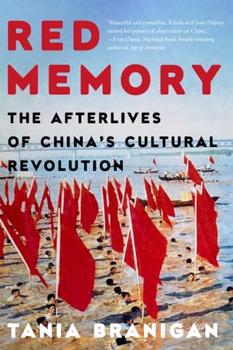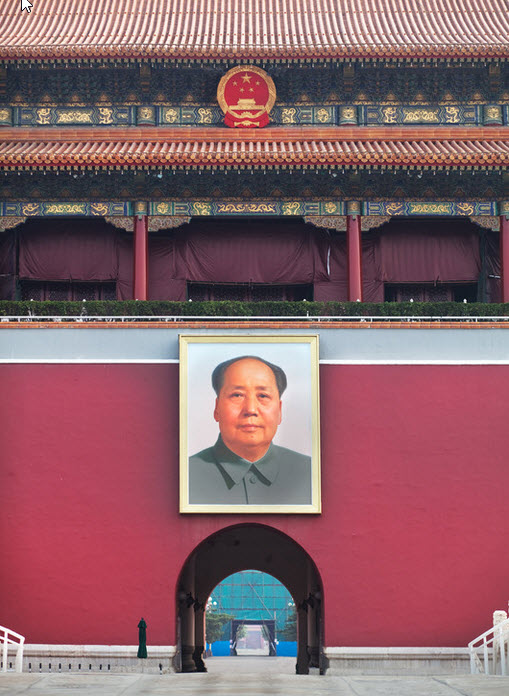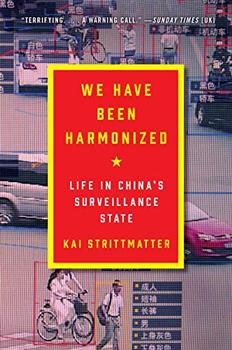Summary | Excerpt | Reviews | Beyond the book | Read-Alikes | Genres & Themes | Author Bio

The Afterlives of China's Cultural Revolution
by Tania BraniganAn indelible exploration of the invisible scar that runs through the heart of Chinese society and the souls of its citizens.
"It is impossible to understand China today without understanding the Cultural Revolution," Tania Branigan writes. During this decade of Maoist fanaticism between 1966 and 1976, children turned on parents, students condemned teachers, and as many as two million people died for their supposed political sins, while tens of millions were hounded, ostracized, and imprisoned. Yet in China this brutal and turbulent period exists, for the most part, as an absence; official suppression and personal trauma have conspired in national amnesia.
Red Memory uncovers forty years of silence through the stories of individuals who lived through the madness. Deftly exploring how this era defined a generation and continues to impact China today, Branigan asks: What happens to a society when you can no longer trust those closest to you? What happens to the present when the past is buried, exploited, or redrawn? And how do you live with yourself when the worst is over?
Tania Branigan's Red Memory is an astounding and often harrowing study of Mao's China. Through a series of interviews with people who experienced the Cultural Revolution first-hand, she preserves the reality of one of the darkest and yet most elusive chapters in China's recent past...continued
Full Review
(809 words)
This review is available to non-members for a limited time. For full access,
become a member today.
(Reviewed by Grace Graham-Taylor).
 Though Chairman Mao Zedong's legacy is a contentious subject in China, his portrait still presides over the gates of Tiananmen Square, the symbolic heartland of the nation. The enormous oil painting, measuring 6.4 by 5 meters and weighing 1.5 tons, was first put in place in 1949, shortly after Mao's Communist Party wrested power from the Kuomintang. Now, decades later, Mao's portrait maintains its prestigious position, though the painting has changed somewhat since the original was created. There have been eight official renditions of Mao's portrait between the 1940s and the present day. Even when no changes are made, the painting is copied and replaced annually to ensure that the image doesn't degrade. Over the decades, the portrait has ...
Though Chairman Mao Zedong's legacy is a contentious subject in China, his portrait still presides over the gates of Tiananmen Square, the symbolic heartland of the nation. The enormous oil painting, measuring 6.4 by 5 meters and weighing 1.5 tons, was first put in place in 1949, shortly after Mao's Communist Party wrested power from the Kuomintang. Now, decades later, Mao's portrait maintains its prestigious position, though the painting has changed somewhat since the original was created. There have been eight official renditions of Mao's portrait between the 1940s and the present day. Even when no changes are made, the painting is copied and replaced annually to ensure that the image doesn't degrade. Over the decades, the portrait has ...
This "beyond the book" feature is available to non-members for a limited time. Join today for full access.

If you liked Red Memory, try these:

Waiting to Be Arrested at Night
by Tahir Hamut Izgil
Published 2024
A poet's account of one of the world's most urgent humanitarian crises, and a harrowing tale of a family's escape from genocide

by Kai Strittmatter
Published 2021
Hailed as a masterwork of reporting and analysis, and based on decades of research within China, We Have Been Harmonized, by award-winning correspondent Kai Strittmatter, offers a groundbreaking look at how the internet and high tech have allowed China to create the largest and most effective surveillance state in history.
The worst thing about reading new books...
Click Here to find out who said this, as well as discovering other famous literary quotes!